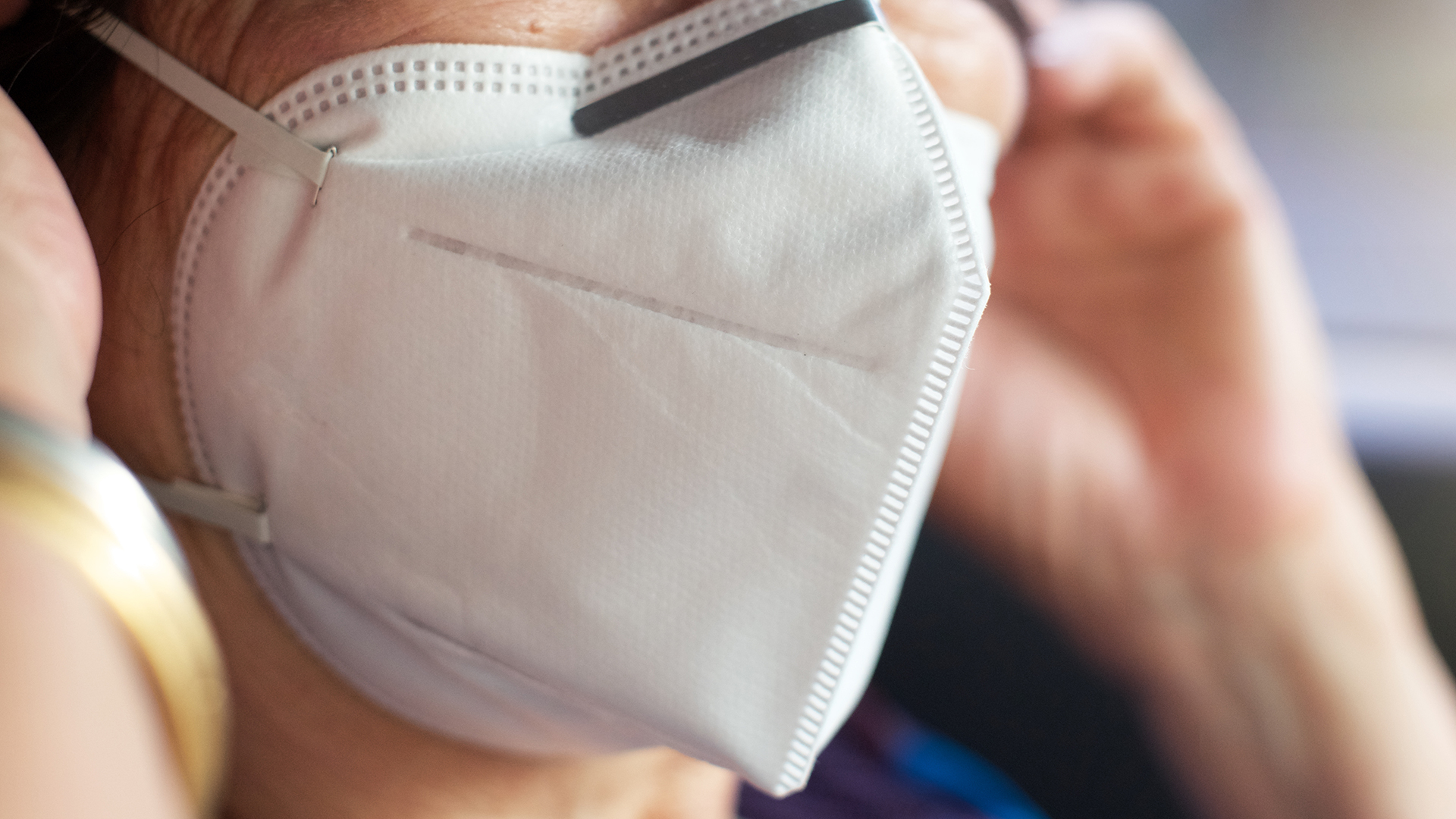The US Department of Justice (DOJ) recently announced in a business review letter its intention not to challenge an ongoing collaboration between numerous healthcare companies, working with government agencies, to provide equipment and medicine to fight the coronavirus (“COVID-19”) pandemic. This approval is fact-specific and not a general approval to all pandemic collaborations. The DOJ’s framework for approval, however, may help healthcare companies working with government agencies to fight COVID-19 better understand how to mitigate antitrust risks associated with similar collaborations.
A group of medical supply companies (“Requesting Parties”) asked the DOJ to issue a business review letter, regarding their ongoing COVID-19 related collaborations with government agencies, like FEMA and the Department of Health and Human Services (HHS), to distribute personal-protective equipment and medicine. A business review letter is not legally binding on a court or the DOJ itself, but it does help companies better understand the DOJ’s present intention regarding a potential enforcement action.1
The DOJ’s letter was the result of the DOJ and Federal Trade Commission’s new expedited review process for COVID-19 inquiries. Both Agencies recently committed to resolve all “COVID-19-related” guidance requests within seven days.
Although the DOJ announced it did not intend to challenge the collaboration, it conditioned its approval on several factors. The DOJ first explained that “[t]he circumstances that led to this request are exceptionally pressing and unlikely to recur frequently.” Next, the DOJ emphasized that many of the Requesting Parties’ collaborative activities are “largely under the explicit direction, and in the presence of, the US Government and its agents.” And for the “limited” instances when the Requesting Parties communicate without government agents present, the DOJ placed numerous “safeguards” on the Requesting Parties, including the following:
- “The Requesting Parties are not [to] use any collaboration to increase prices, reduce output, reduce quality, or otherwise engage in COVID-19 profiteering.”
- “[C]ompetitively sensitive information” can only be shared with the government – not between the Parties.
- The Requesting Parties’ collaborations can only exist while FEMA and other government agencies need help with COVID-19 shortages.
Finally, the DOJ highlighted numerous antitrust immunities and protections likely available to the Requesting Parties while working with government agencies to fight COVID-19. For example, the DOJ noted that it generally will not challenge a company collaborating with – and being supervised by – a federal agency. The DOJ also recognized that under Noerr-Pennington immunity, “collaborators may jointly petition government entities to take particular actions, [ ] even if such actions have anticompetitive efforts.” The DOJ’s decision emphasized that both of these immunities likely cover the Requesting Parties’ ongoing collaborations.
The DOJ, however, was clear that the business review letter should be limited to the facts presented: “This letter should not be interpreted as applying to any matter other than the Proposed Conduct as it relates strictly to, or arises directly out of, the COVID-19 pandemic.” As always, any potential collaboration with competitors, even well-intentioned efforts to fight against COVID-19’s effects, must be thoroughly evaluated for antitrust risks.







